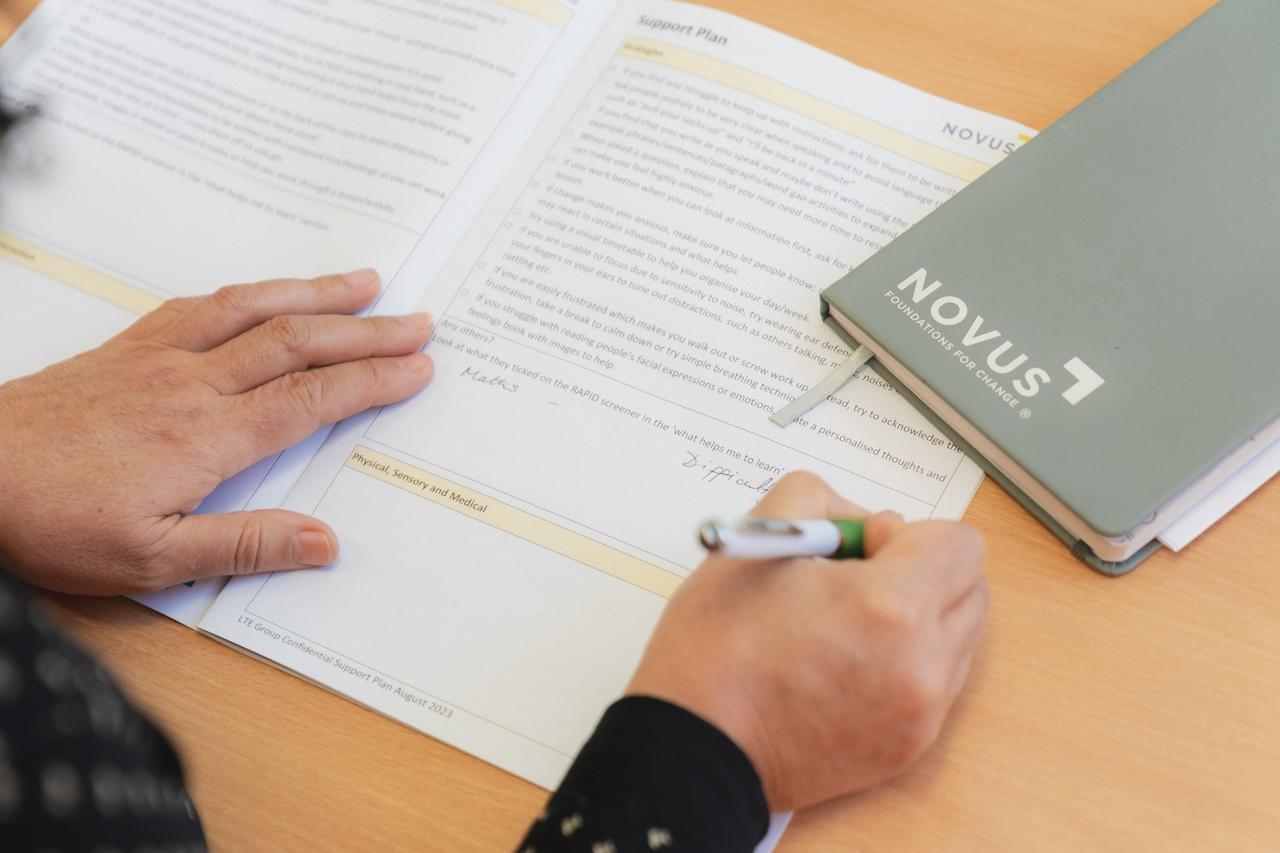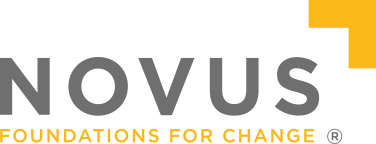The crucial link between prison education and community reintegration
Adult Provision Youth Provision

For prison leavers, the transition back into society can be one of the most challenging journeys they face. Whilst in prison it’s integral that learners engage in intervention and rehabilitation programmes, including education so they can be equipped with the skills and knowledge needed to be successfully reintegrated into their communities.
Challenges of post-release life for learners
Upon release, many learners encounter a series of barriers that can make successful reintegration difficult. These include:
Housing instability
Not having stable accommodation upon release is a key barrier for learners. Many individuals leave prison without a fixed address, which can lead to homelessness, which in turn increases the risk of reoffending.
Employment barriers
Studies show that prison leavers who find a job after release are less likely to reoffend however, finding employment opportunities as an ex-offender can be incredibly challenging for several reasons such as stigmas associated with a criminal record, lack of education, lack of employment support and poor mental health.
Stigmas associated with a criminal record
Stigmas associated with a criminal record can affect social relationships, self-esteem, and access to opportunities upon release. This stigma can also exist within communities and sometimes families, leading to isolation and lack of social support.
Lack of support
Another challenge for ex-offenders is the lack of support from their families and wider community upon release. Whilst in prison, relationships can become strained and sometimes breakdown. If learners don’t have the support from their families and community upon release, this can cause them to feel isolated and vulnerable, resulting in reoffending.
This is particularly important for prisoners with mental health conditions, as upon release they are at higher risk of facing difficulties with family relationships, employment, long-term illness, self-harm and depression which can all contribute to re-offending.
Lack of education
A lack of education and employability skills can make it extremely difficult for learners to compete in the job market. Employers may be reluctant to hire someone with a criminal history, especially if they lack formal qualifications and/or training.
These barriers often contribute to high reoffending rates, creating a cycle of reoffending that can be hard to break. Which is why at Novus we engage as many learners as possible in our education provision so that they can gain the skills and qualifications needed to find employment as well as gain crucial social and personal development skills that are needed to navigate through daily life.
The role of prison education in securing employment
Education plays an integral role in preparing learners for life after prison. At Novus we deliver a wide curriculum from English, Maths and Digital skills, vocational training and creative enrichment so that all learners are able to engage in our education provision in a way that suits them and their individual needs. Our programmes equip individuals with the skills and qualifications needed to find and retain employment upon release.
Education also fosters a sense of purpose and achievement. It helps learners rebuild their self-worth and believe in a future where they can turn away from a life of crime and contribute meaningfully to society. Education allows learners to overcome barriers upon release, finding long-term employment and becoming successfully rehabilitated.
Rebuilding relationships and community ties
Reintegration goes beyond finding employment opportunities and being successfully rehabilitated upon release, it’s also about reconnecting with families and communities. Education can help reconnect individuals with their loved ones and helps them reintegrate more fully into social life. At Novus we deliver various projects and initiatives focused on strengthening family ties and equipping learners with the skills needed to successfully reintegrate into society upon release.
A message in a Bottle project to support family ties
‘A Message in a Bottle’ was a collaborative project from Novus, The Manchester College, and HOME as part of a creative enrichment programme for learners. Displayed at HOME’s Inspire Gallery, the exhibition showcased work from three groups of learners, all of whom are aiming to raise awareness about recycling and encourage and inspire others to reuse or recycle.
Learners across five prisons based in the Northwest – HMPS Buckley Hall, Risley, Hindley, Liverpool and Thorn Cross represented group one, participating in Novus’ Family Learning project from October to December 2024.
Offering an opportunity for learners and their families to engage in art, the project was run using a ‘family learning’ delivery model. In the style of Henri Matisse, learners were asked to work as a team and create a large wall hanging using layers of single-use plastic bags, each with a personal message. A wallet was also made and included a short story based on a recycling hero, which was gifted to their families.
As part of their family day, learners applied techniques learned in class to lead educational activities with their family members. This helped the learners to feel empowered and provided both the learners and their families with a meaningful connection to education and a more structured visit.
Projects like this play a vital role in supporting family relationships and prisoner rehabilitation, helping children cope with having a parent in prison.
In order for learners to be successfully rehabilitated and give back to the community, they need to engage in rehabilitation and intervention programmes available in prison, so that they can address the root causes of their behaviours and gain the qualifications, skills and experience needed to be successful upon release.
Research by the Ministry of Justice suggests that individuals who had participated in education whilst in prison are significantly less likely to reoffend within 12 months of release than those who had not. When learners re-enter their communities with new knowledge, skills and a commitment to do better, it can begin to shift perceptions and reduce stigma, strengthening community ties and building a more inclusive environment.
The link between prison education and community reintegration
The connection between prison education and successful reintegration is clear. Education helps to reduce reoffending rates, increases employment opportunities and helps to rebuild essential social relationships. These outcomes benefit not only the individual, but society as a whole, creating safer communities, reducing the prison population, and reducing the cost of reoffending.
Prison education plays a key role in the successful reintegration of learners. For individuals it creates a foundation for meaningful employment, personal development, and stronger relationships with family and community. For communities, it reduces crime, lowers reoffending, and builds a more inclusive and supportive environment.
To find out more about the work we do to successfully reintegrate learners into society, take a look at our news section.


